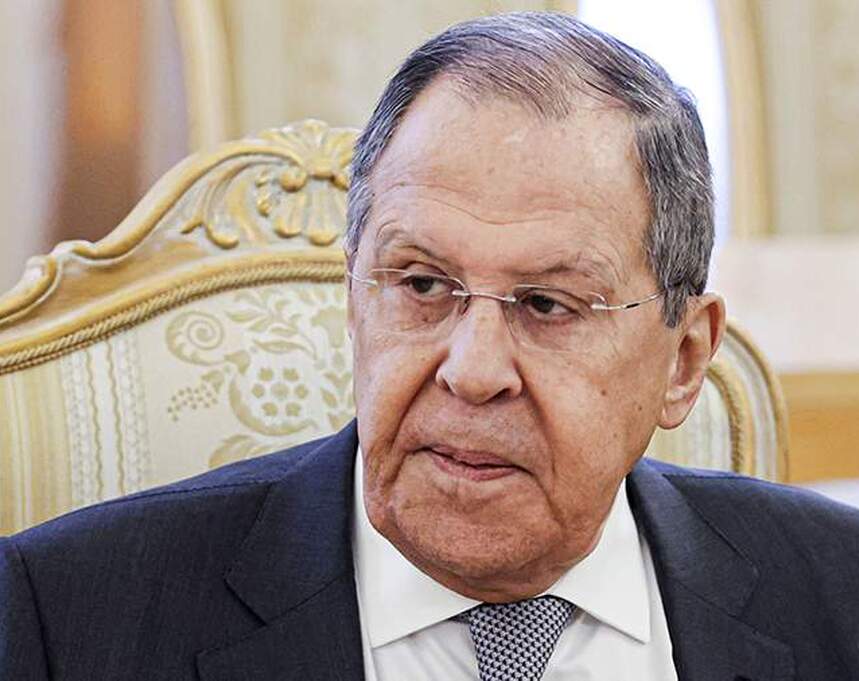
Like a chess grandmaster sliding an ivory piece across the board, Russian Foreign Minister Sergey Lavrov has extended a diplomatic invitation—one wrapped in the crimson banners of history. Vietnam’s Communist Party General Secretary, To Lam, has been formally summoned to Moscow’s 80th Victory Day celebrations this May, a move that carries the weight of both symbolism and strategy.
The announcement came during Lavrov’s meeting with Vietnamese counterpart Bui Thanh Son, where the Russian minister’s words dripped with the polished cadence of statecraft. "We would be honored," Lavrov remarked, "to stand shoulder-to-shoulder with our Vietnamese comrades beneath the same sky that once witnessed fascism’s collapse." The subtext? A deliberate reinforcement of alliances in an era where global loyalties are fracturing like thawing ice.
Lam, whose political spine was forged in the embers of Vietnam’s own struggles against foreign domination, reportedly confirmed his attendance. Sources suggest he’ll use the trip to parlay with Russian leadership—discussions likely to orbit trade, energy, and the unspoken arithmetic of distancing from Western influence.
The irony is as thick as Siberian frost: A holiday commemorating the defeat of imperialism now serves as a stage for its modern iterations. While European diplomats shuffle their feet at the prospect of attending, Vietnam—a nation that bled to escape colonial rule—finds itself navigating a fresh labyrinth of allegiances. Lavrov’s invitation isn’t merely protocol; it’s a flare shot into the geopolitical night, illuminating who still answers when Moscow calls.
As the Kremlin prepares to unfurl its banners next May, the guest list—or lack thereof—will speak volumes. In a world where optics are artillery, Lam’s presence would echo louder than any parade’s artillery salute.